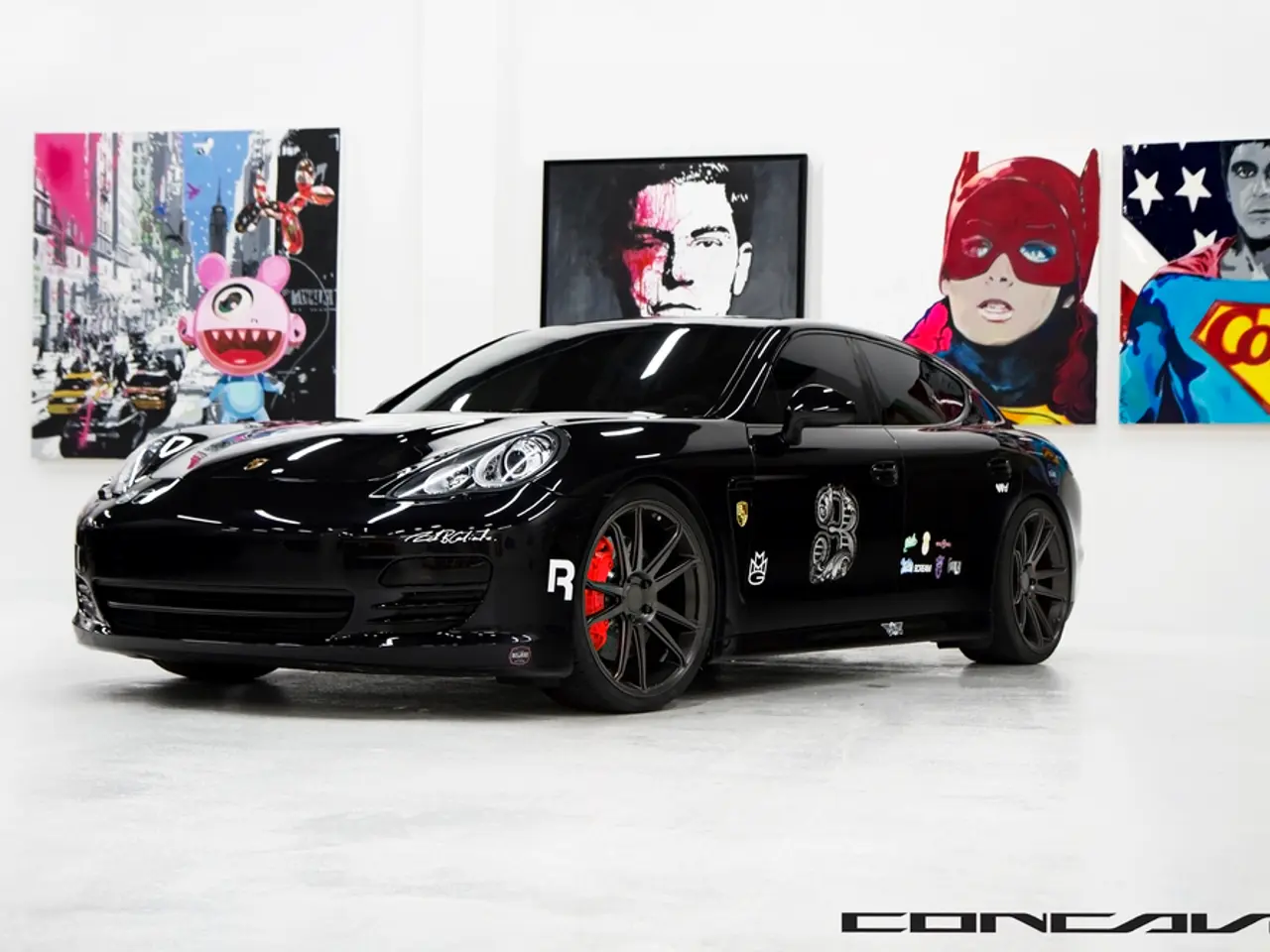Transformation from Fleeting Opulence to Enduring Heritage: Jaguar Land Rover's Bold Wager on a Circular Economy May Reshape Future Transportation
Jaguar Land Rover Embraces Circular Economy for Sustainable Future
Jaguar Land Rover (JLR) is making a significant move towards sustainability, positioning itself as a leader in the automotive industry's shift towards a circular economy. This strategic shift could set a new benchmark for the industry and reshape JLR's brand image from a legacy automaker to a progressive, future-focused mobility company.
The entire lifecycle of a vehicle, from raw material sourcing to end-of-life disposal, is coming under increasing scrutiny. In response, JLR is exploring new business models and partnerships to create a more sustainable and closed-loop system.
One such partnership is with Dow and Adient, which creates a closed-loop recycling system for polyurethane seat foam. Additionally, JLR's "REALITY" project recycles aluminum from end-of-life vehicles and household waste to create new aluminum for its cars. These initiatives demonstrate JLR's commitment to reducing waste and promoting a more circular economy.
JLR aims to slash waste by a staggering 70%, a goal that is likely to become a central pillar of their brand identity. The company is investing £100 million to re-engineer its production processes to create a closed-loop system for materials.
JLR's strategic shift towards a circular economy is a direct appeal to the affluent younger generations (Millennials and Gen Z), who prioritise brands that align with their values. A significant majority of this demographic are willing to pay more for sustainable products, making it a shrewd and multifaceted strategy for survival and growth in a rapidly changing world.
The company is also collaborating actively with companies such as Umicore, Novelis, and EVOLVE, as well as research institutions like the WMG (Warwick Manufacturing Group) to integrate circular economy principles into vehicle manufacturing.
JLR's pivot to a circular economy is a move towards a more profound and expensive form of luxury. The company is signaling a move towards a premium ethos, positioning a JLR vehicle as a long-term investment in quality and environmental responsibility.
Competitors like Audi and BMW are also making significant strides in incorporating circular economy principles, making it a competitive landscape for JLR. However, the company's positioning as a leader in the circular economy is a compelling narrative for a 30-something tech entrepreneur, positioning JLR as a brand that is not only stylish and luxurious but also forward-thinking and environmentally conscious.
In conclusion, Jaguar Land Rover's embrace of the circular economy is a bold step towards a more sustainable future. With the company's commitment to reducing waste, investing in materials science research, and collaborating with industry leaders and research institutions, JLR is poised to set a new benchmark for the automotive industry. Expect JLR's next moves to include doubling down on these initiatives and further solidifying its position as a leader in the circular economy.
Read also:
- Peptide YY (PYY): Exploring its Role in Appetite Suppression, Intestinal Health, and Cognitive Links
- Toddler Health: Rotavirus Signs, Origins, and Potential Complications
- Digestive issues and heart discomfort: Root causes and associated health conditions
- House Infernos: Deadly Hazards Surpassing the Flames








